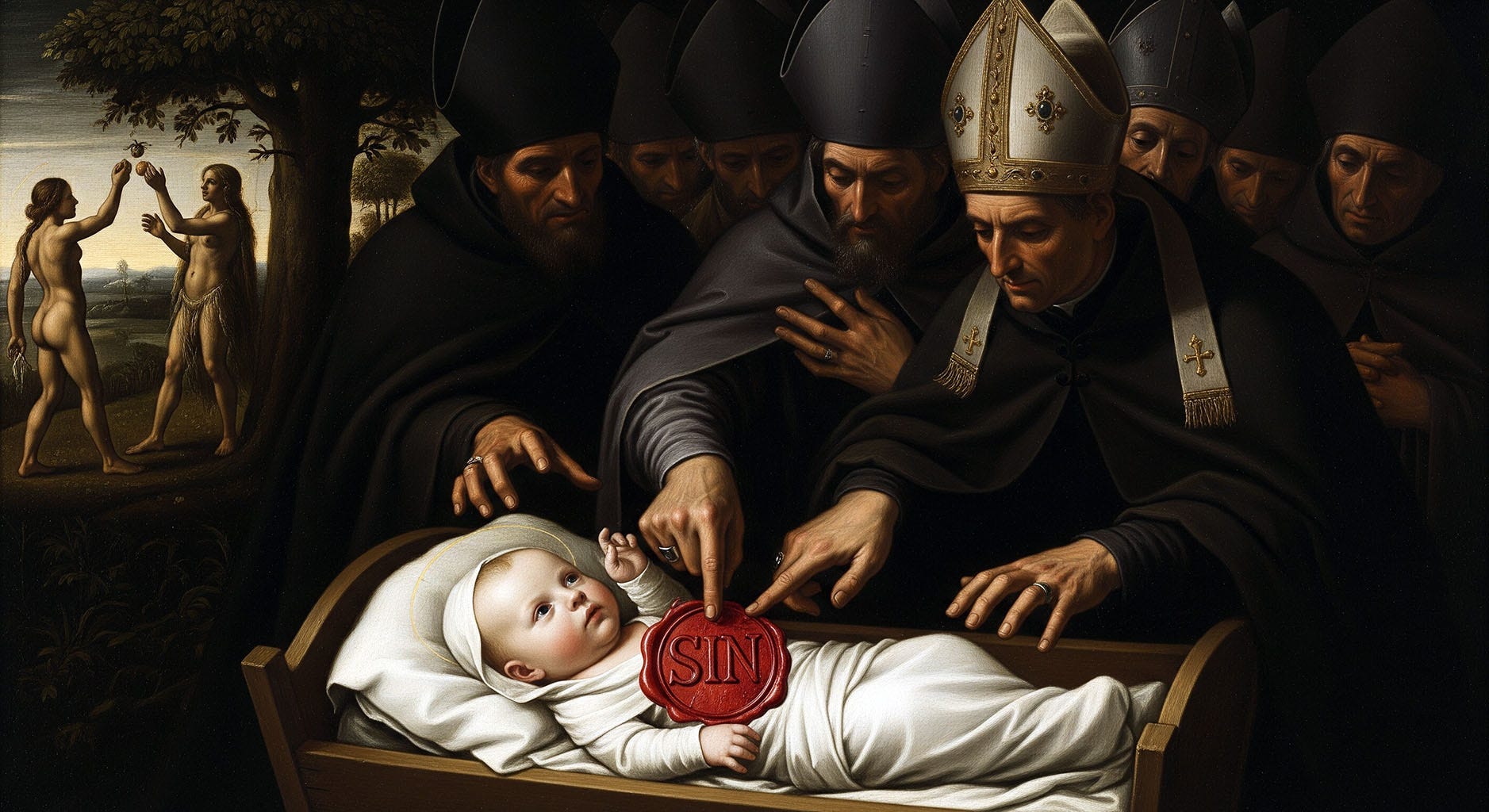The Truth About Original Sin They Don’t Want You to Know
Why Christianity made you guilty from birth — and why Judaism and Islam never did
For many Christians today, “original sin” is treated as if it’s been around since Adam and Eve bit the fruit. It’s taught as a fact: we are all born guilty because of the first humans’ mistake. But here’s the blunt truth: the doctrine of original sin is not i…



